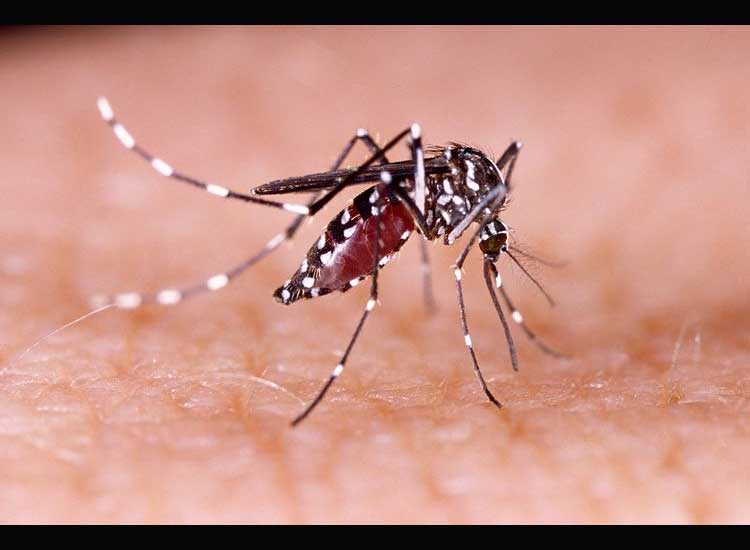Dengue Fever Treatment – So far, there is no dengue fever treatment specifically aimed at fighting the Dengue virus . Generally, dengue fever treatment aims to relieve symptoms, increase the strength of the immune system, and prevent complications.
If the symptoms are mild, dengue fever can be treated at home. However, if the symptoms are severe or worsen during self-treatment, the patient must be taken to hospital.
Dengue Fever Treatment at Home
Treatment of dengue fever at home should be accompanied by monitoring of symptoms. Some home treatments for dengue fever that patients can do are:
- Keep your body hydrated by drinking lots of fluids to avoid dehydration.
- Avoid drinking water and prioritize drinks that contain calories, such as juice or fruit juice, milk, isotonic fluids, ORS, or rice water.
- Fulfill nutritional needs with nutritionally balanced foods to support the healing process.
- Make sure to get enough rest.
- Avoid mosquito bites to reduce the risk of further transmission.
- Use mosquito repellent lotion or mosquito nets in the room.
During independent treatment, there are no dietary restrictions for patients, but patients are still advised to undergo bed rest . Patients can also be given guava juice as a fluid source, especially if the patient experiences nausea and vomiting which can cause dehydration.
Reduces fever and other symptoms
Fever treatment for dengue fever aims to maintain body temperature of no more than 39°C. There are several ways you can reduce fever in dengue fever:
- Compress the forehead, armpits, feet and hands with warm water
- Bathe or soak in warm water
- Set the room temperature to cool
- Don’t wear thick clothes
- Increase fluid consumption
If your body temperature remains above 39°C, you can take paracetamol to reduce the fever. This drug can also relieve headaches, as well as muscle and joint pain that bothers dengue fever.
Please remember, do not use NSAIDs to reduce fever or pain , such as ibuprofen or aspirin, because these drugs can increase the risk of bleeding. In addition, giving NSAIDs to children who have viral infections can trigger Reye’s syndrome .
Treatment in hospital
If dengue fever develops into dengue hemorrhagic fever (DHF), the patient needs to be referred to a hospital for intensive care. Doctors can carry out several treatments below:
- Giving intravenous fluids
- Strict monitoring, starting from monitoring the pulse, blood pressure, to the amount of urine excreted by the patient
- Monitor platelets and hematocrit to avoid heavy bleeding and shock
- Blood transfusion if the patient experiences blood deficiency
Generally, dengue fever patients who experience severe symptoms need to undergo treatment in hospital for more than 3 days.


No Responses